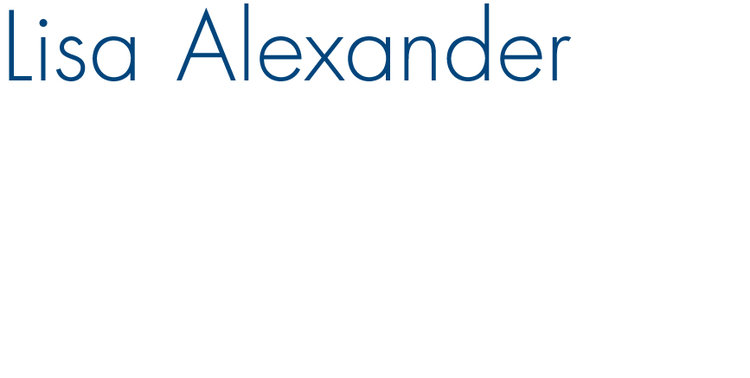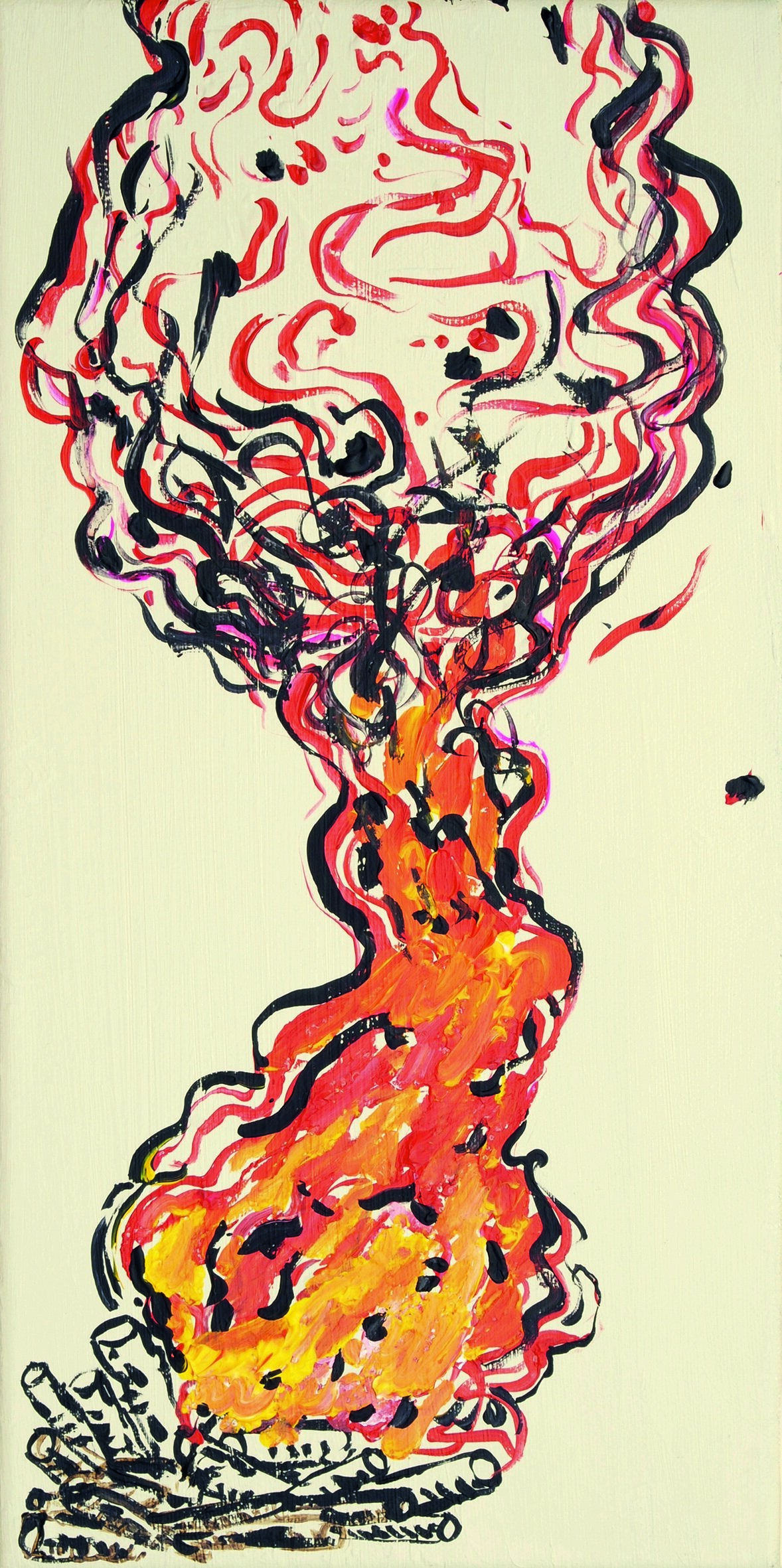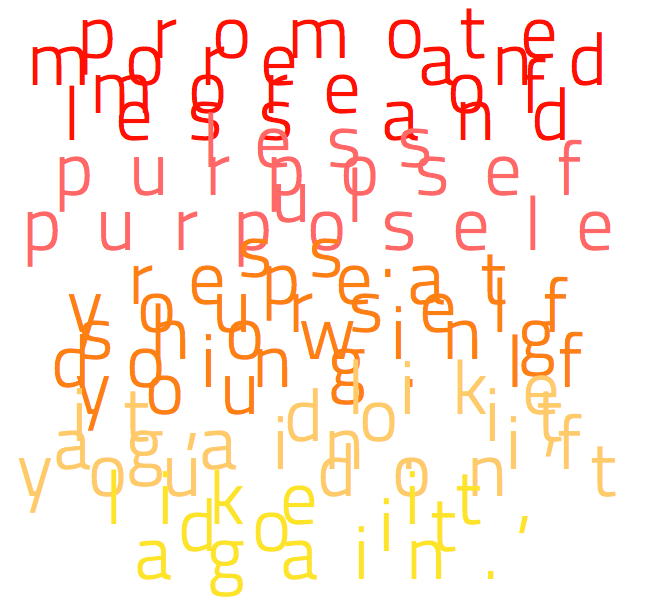
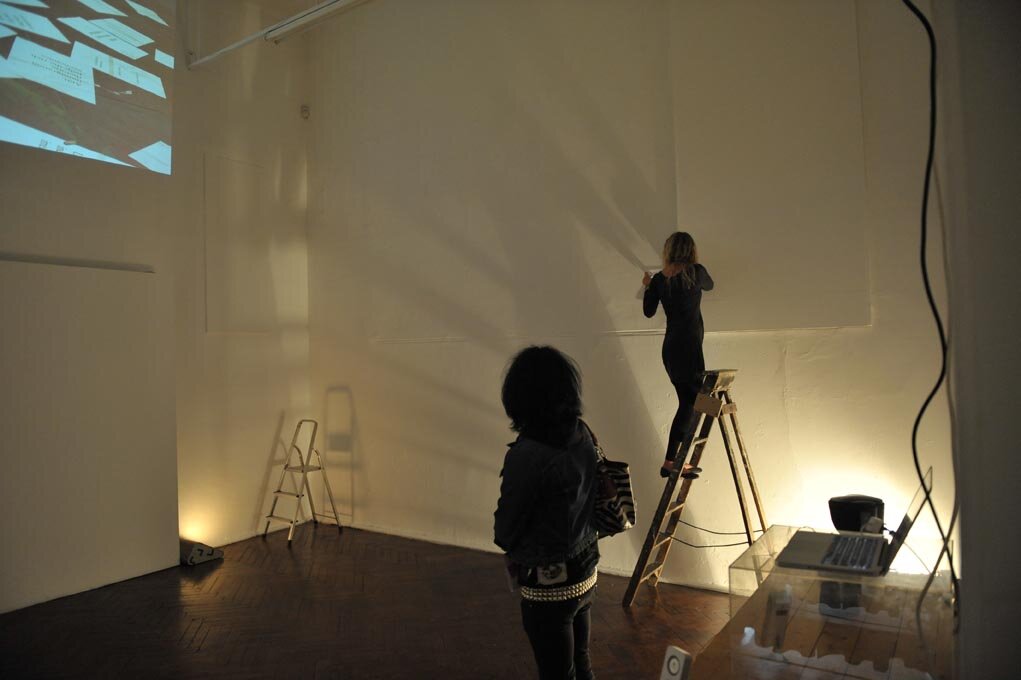
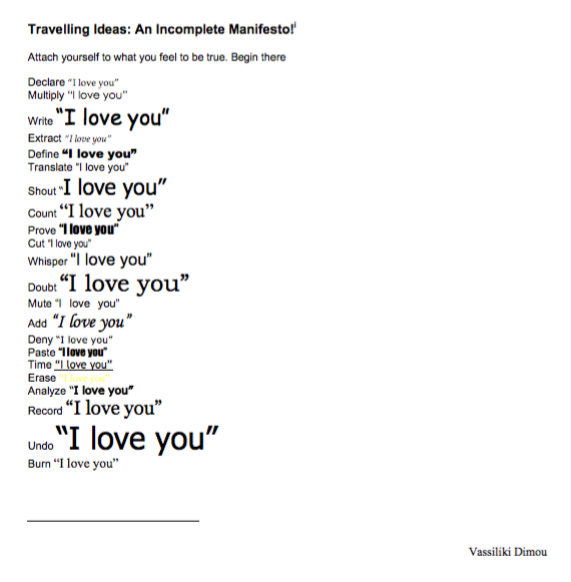
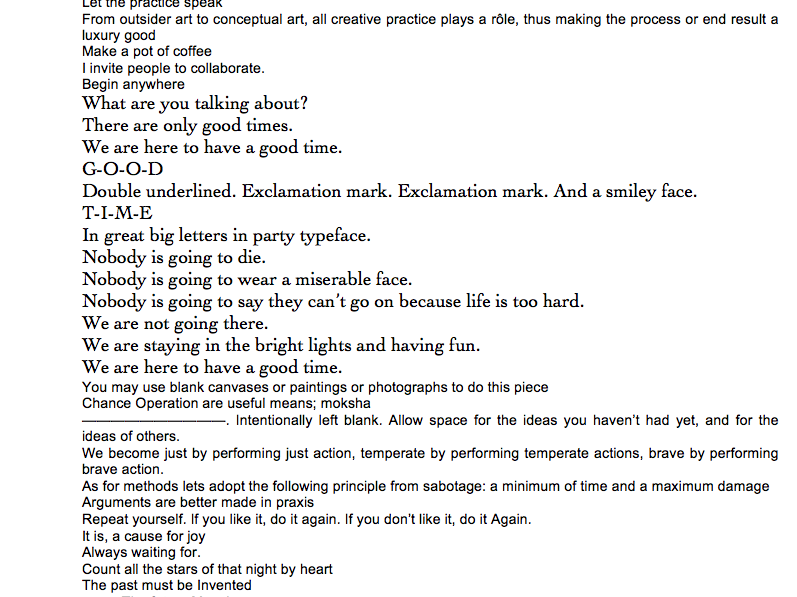
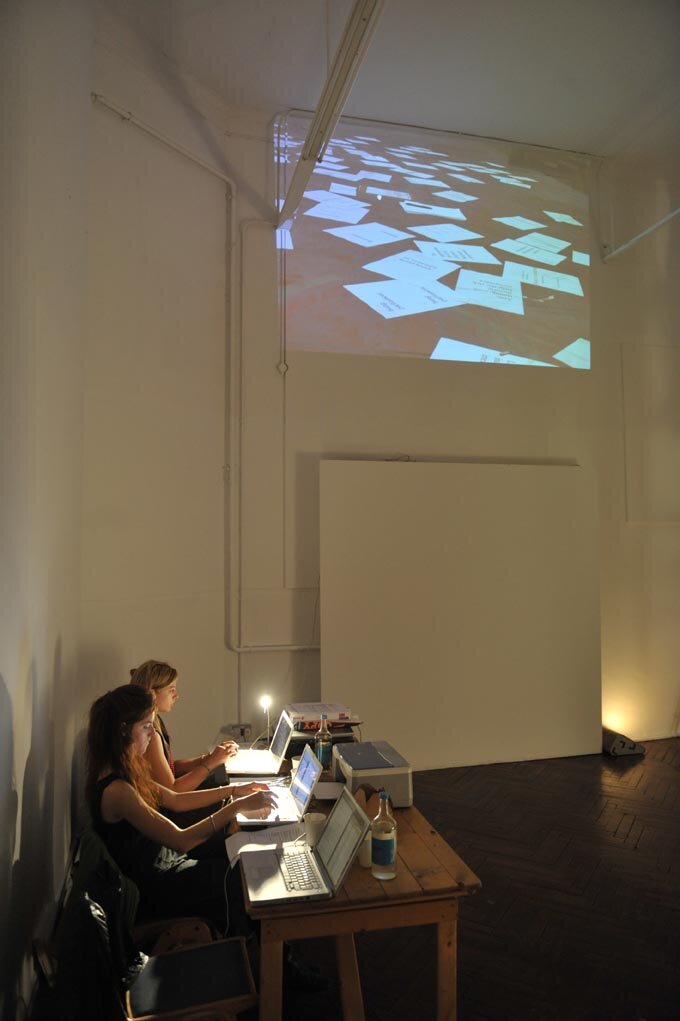
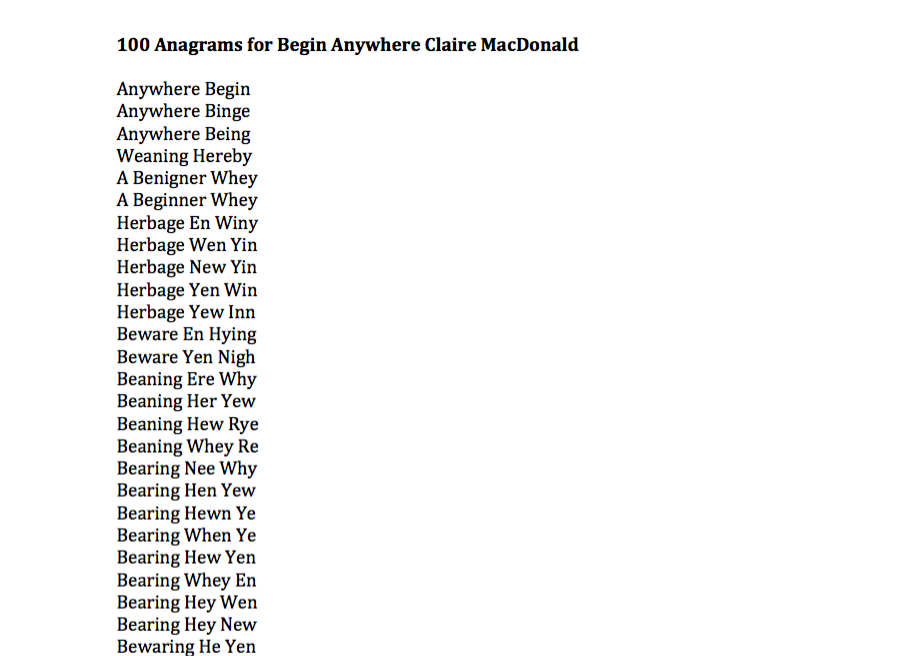
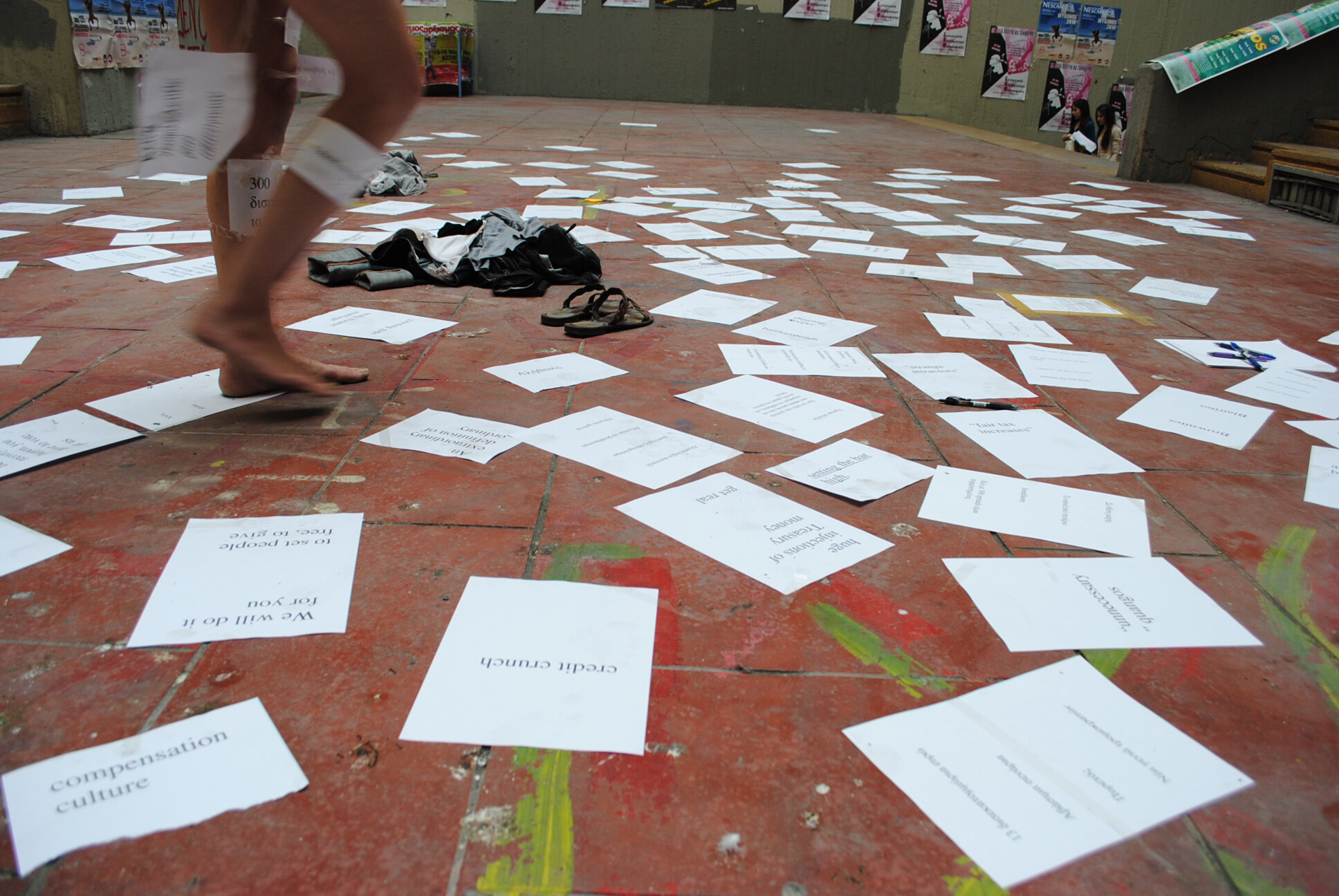
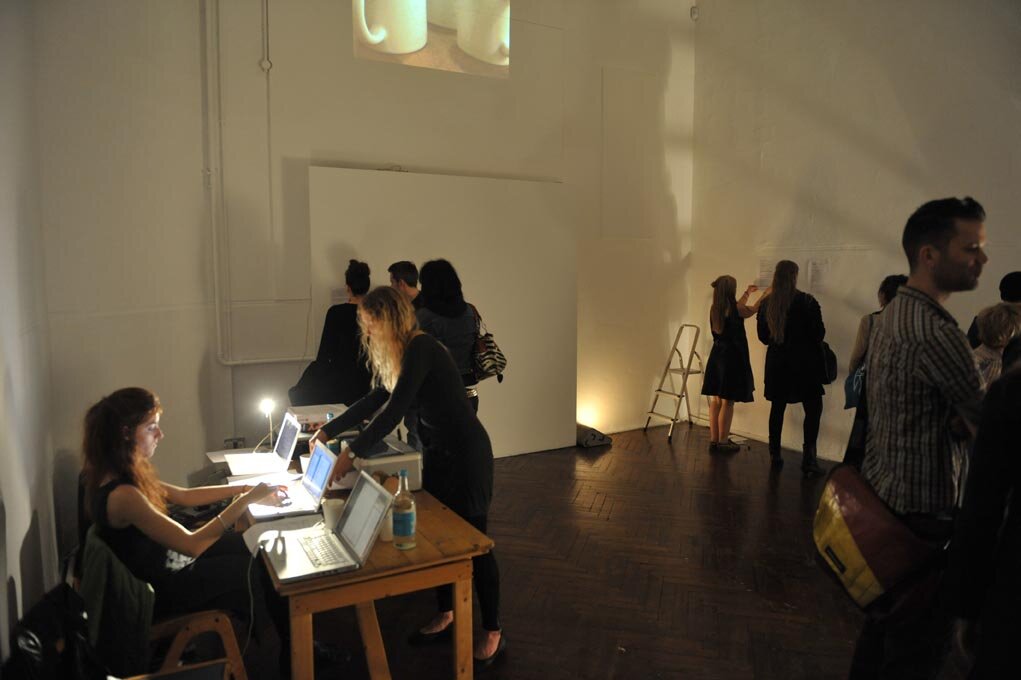
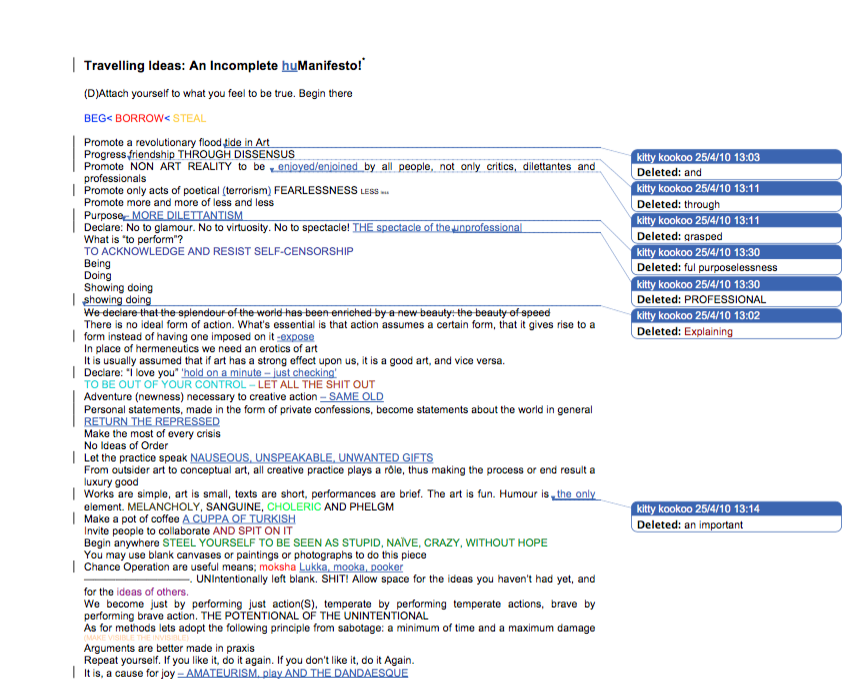
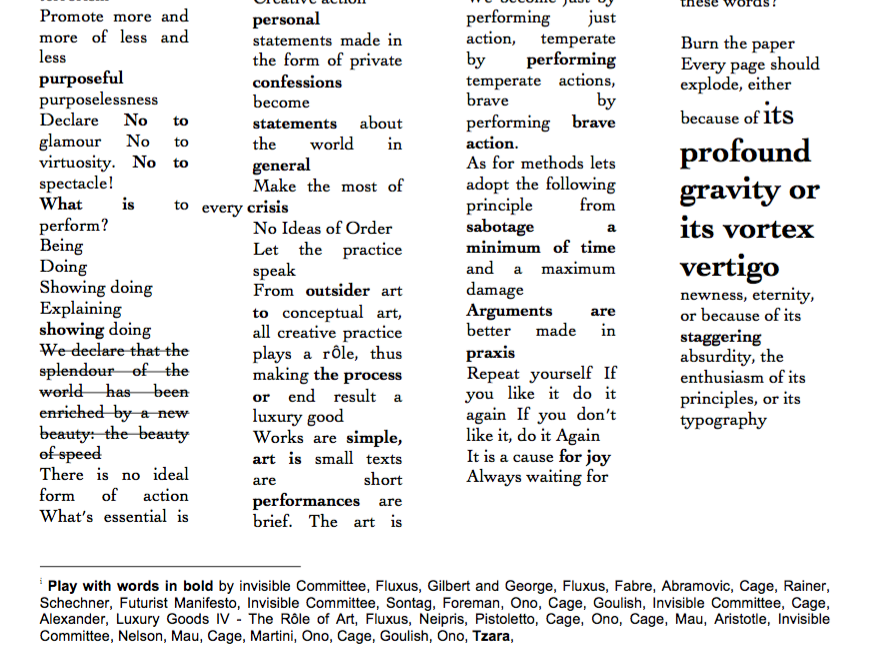
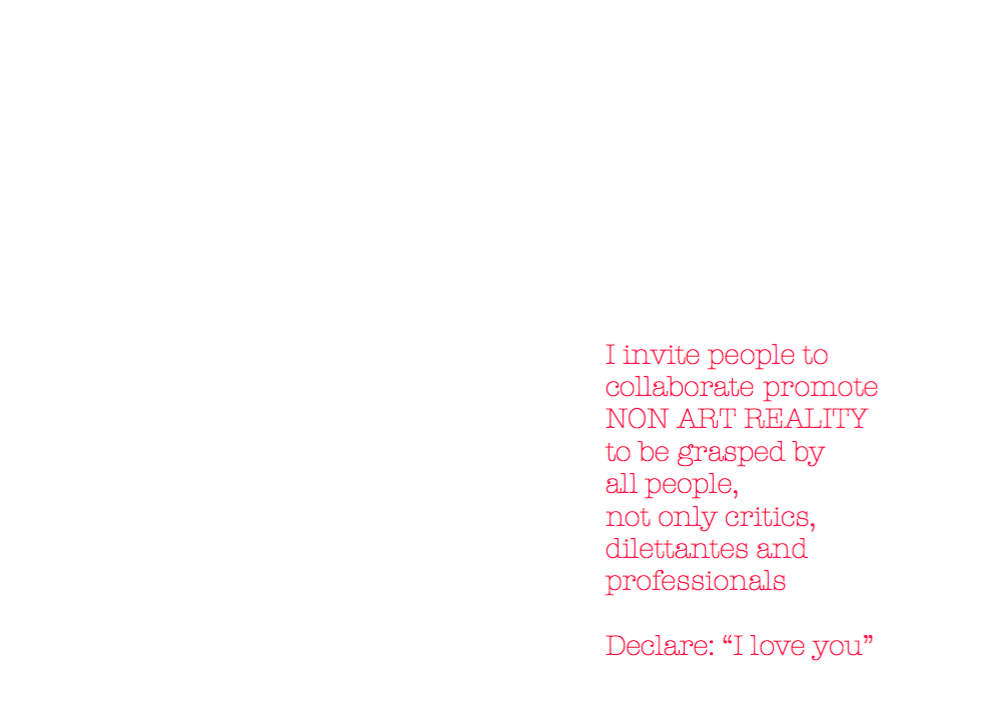
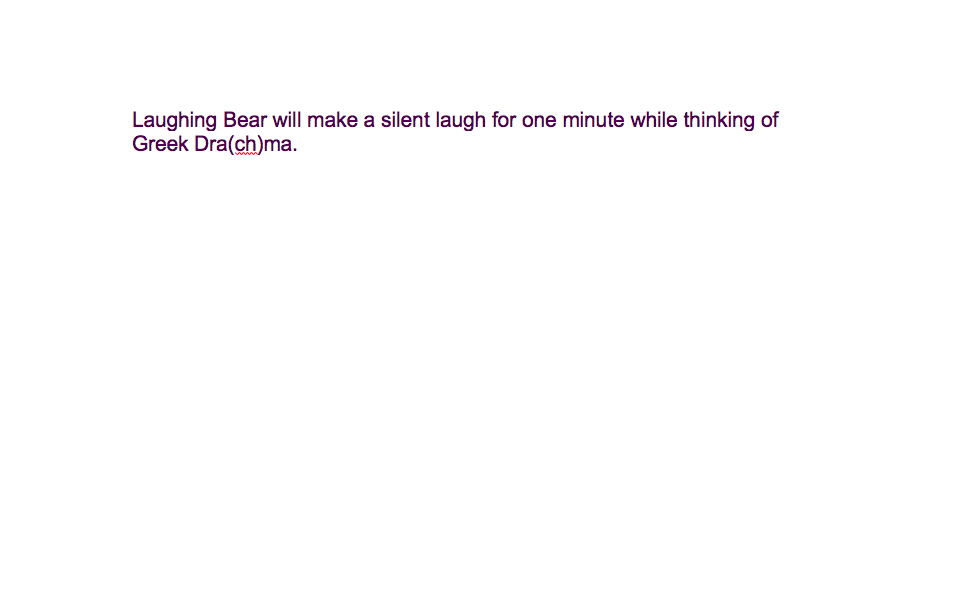
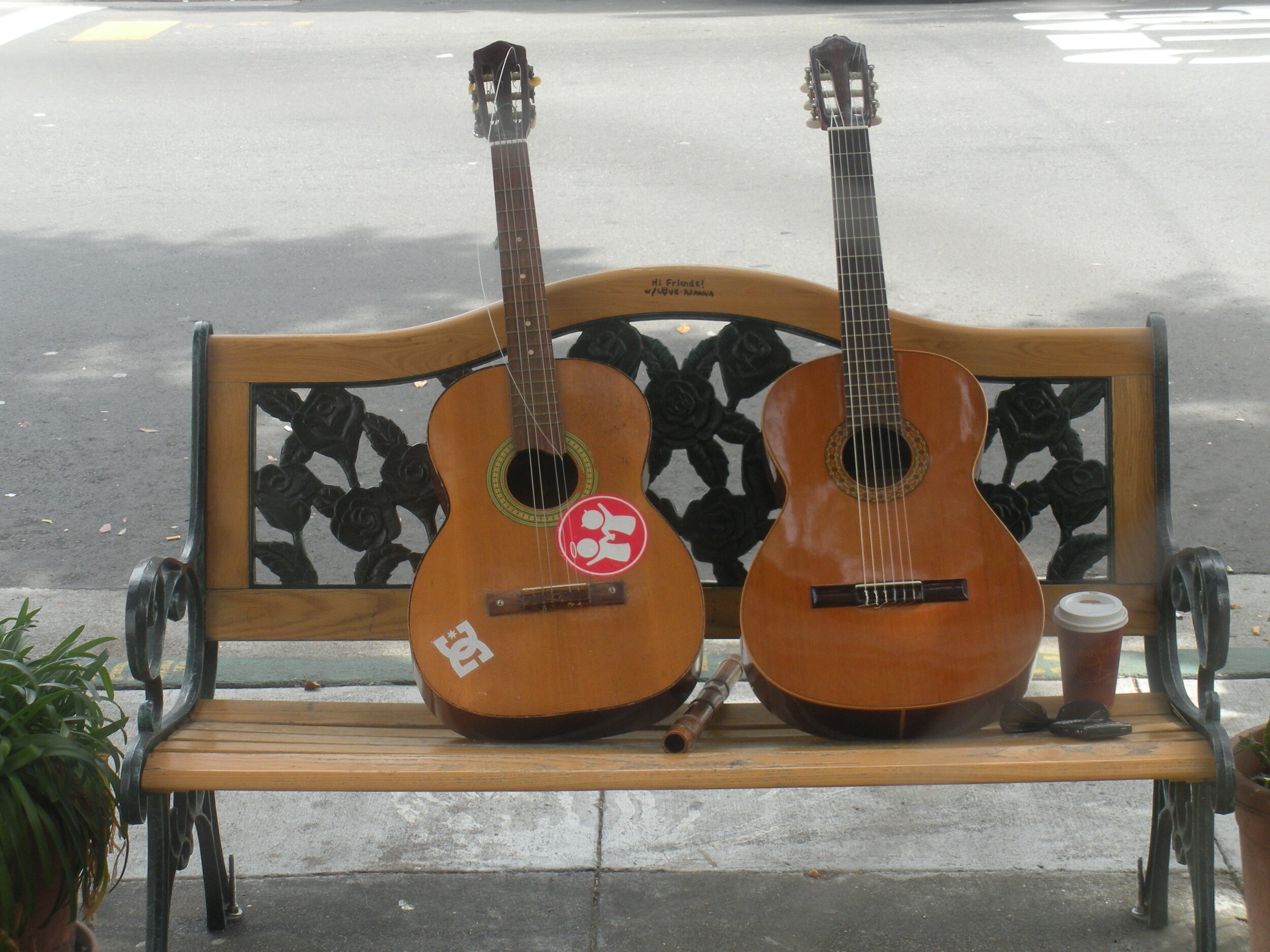
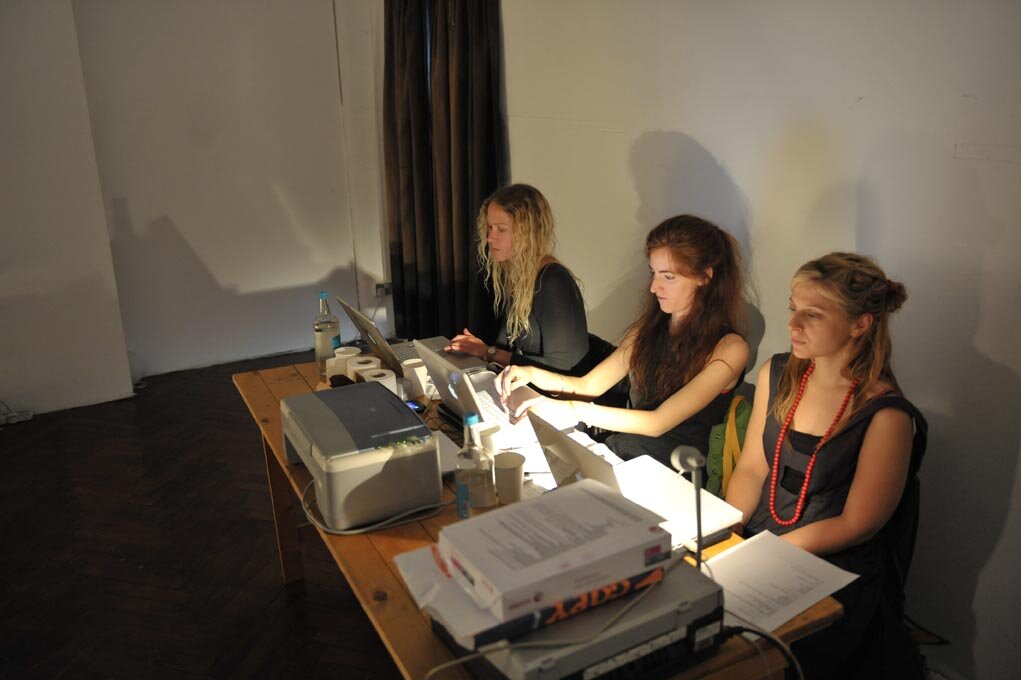
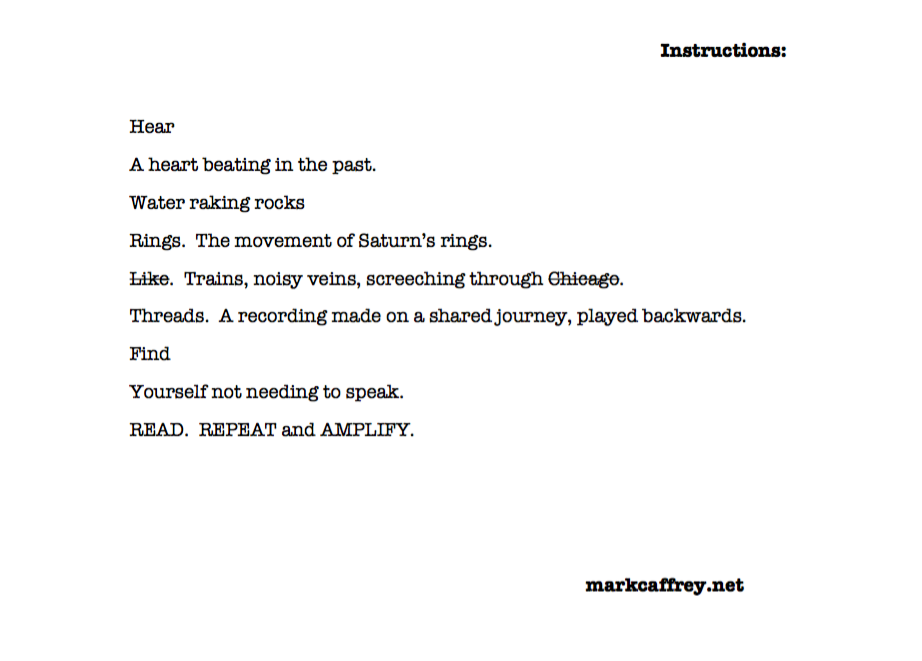
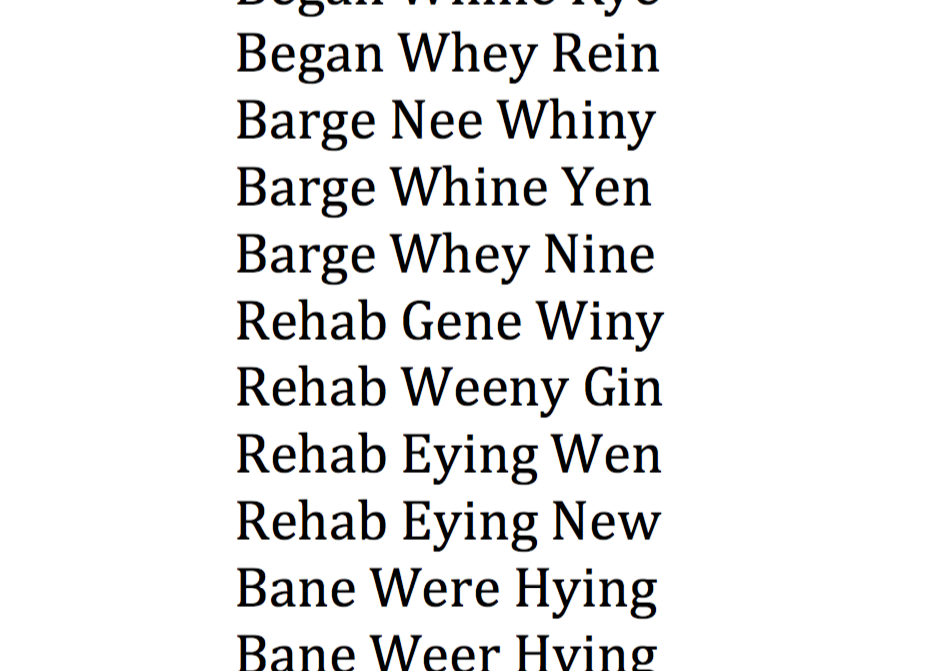
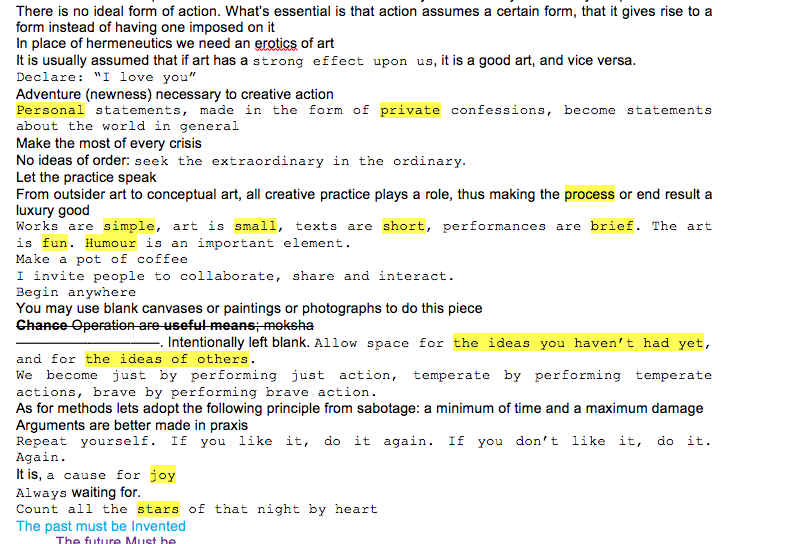
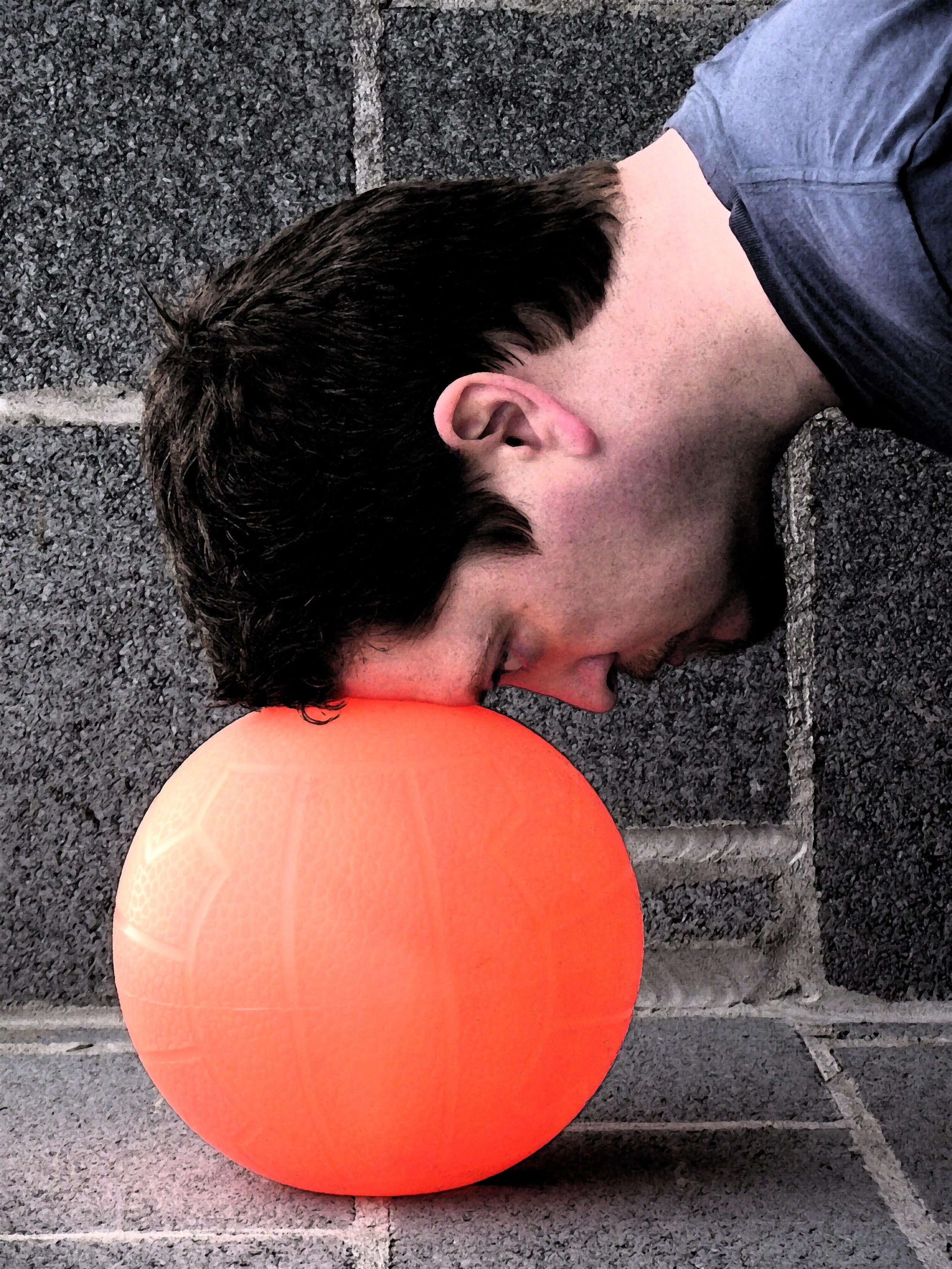
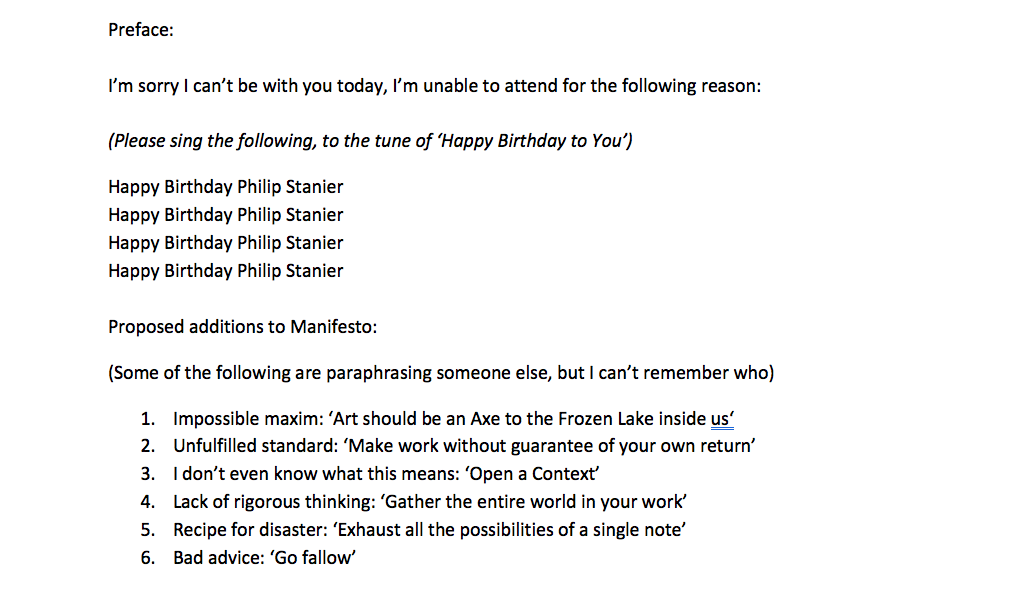
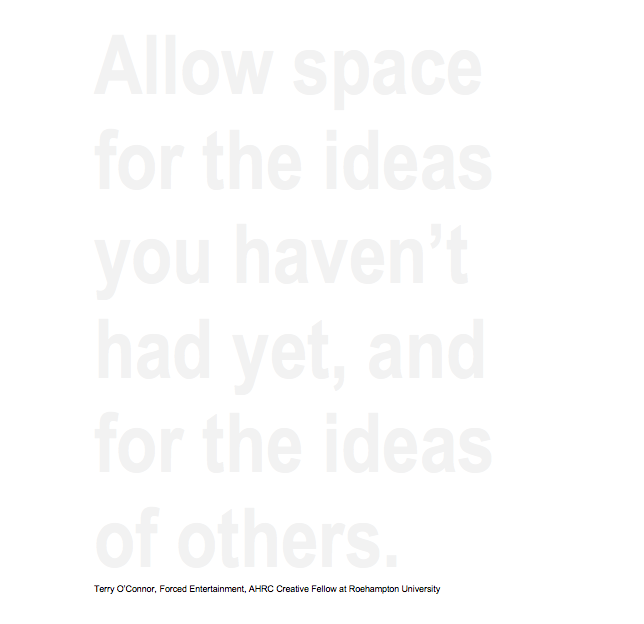
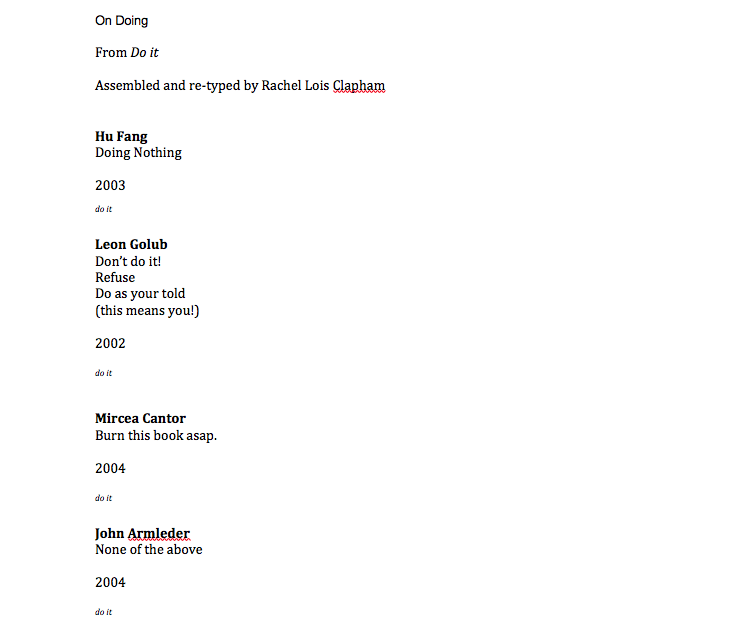
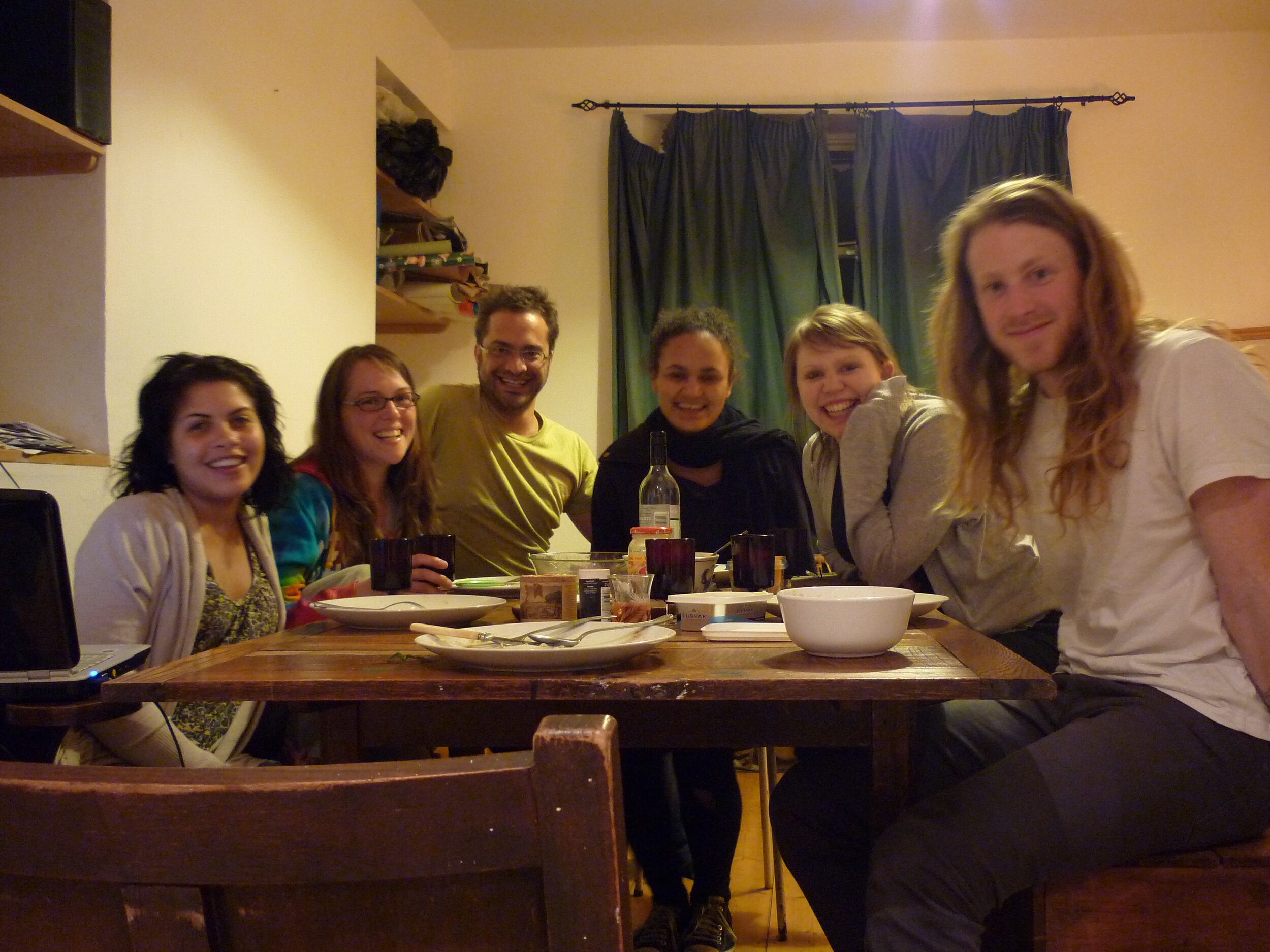
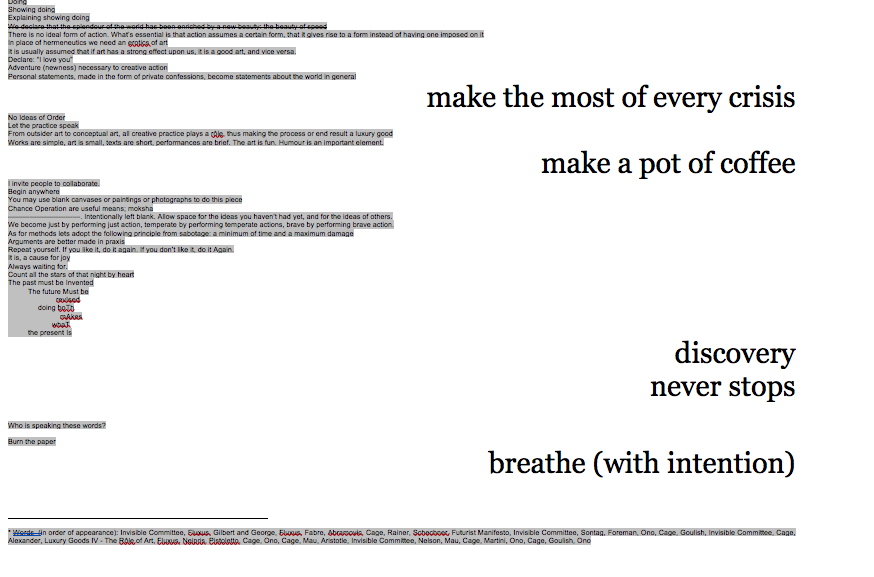

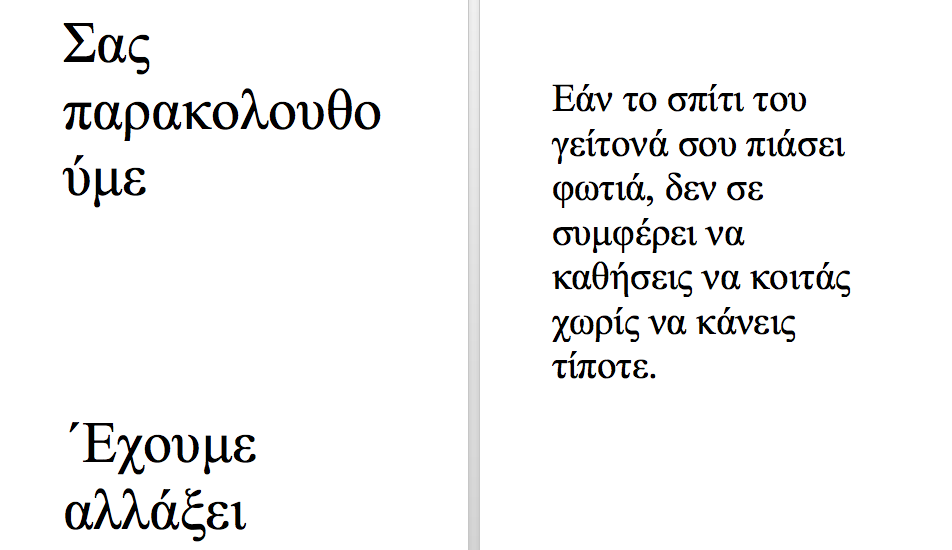
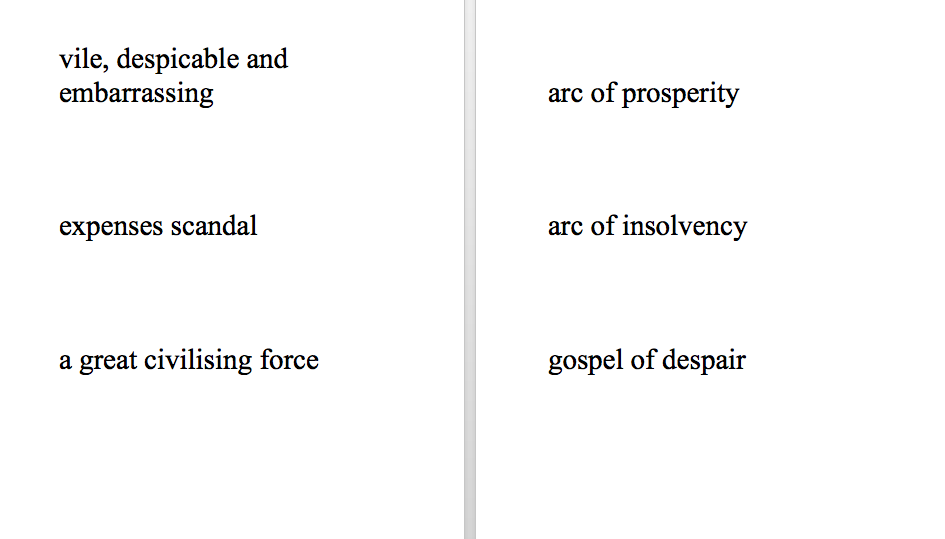

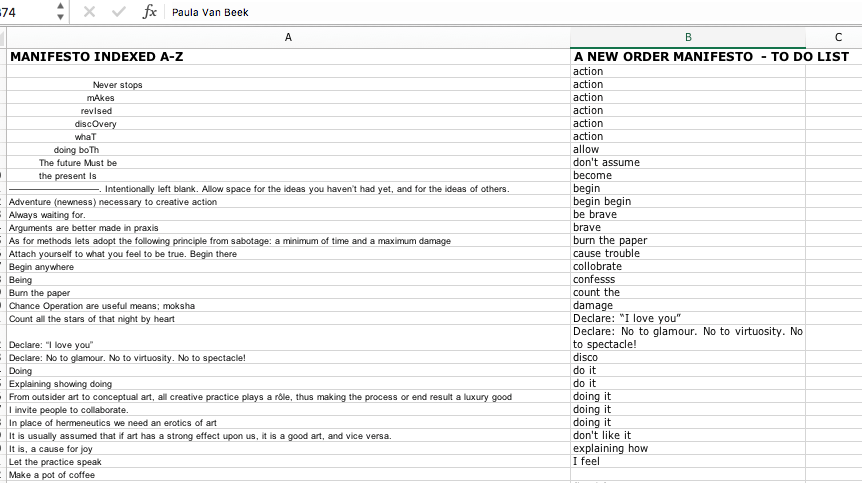
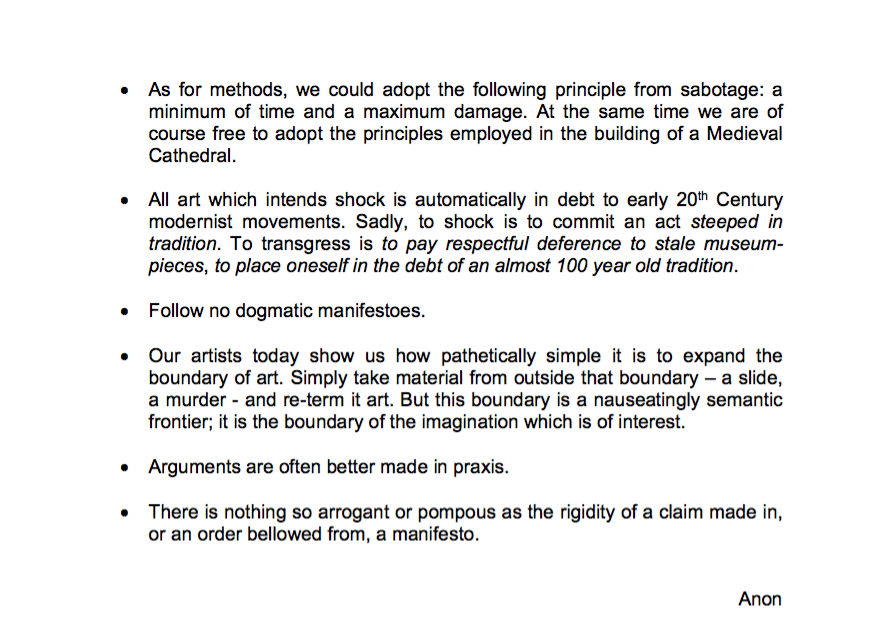
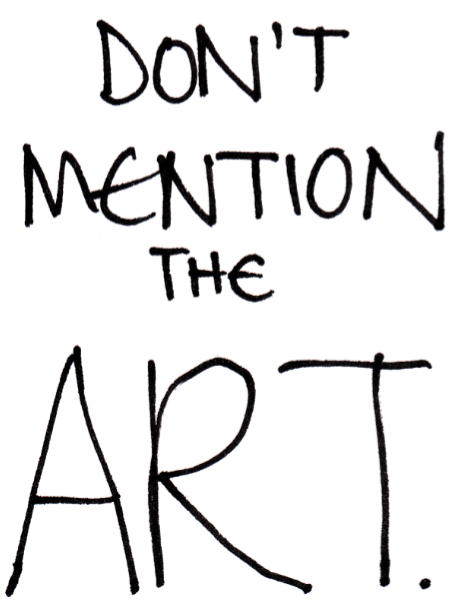
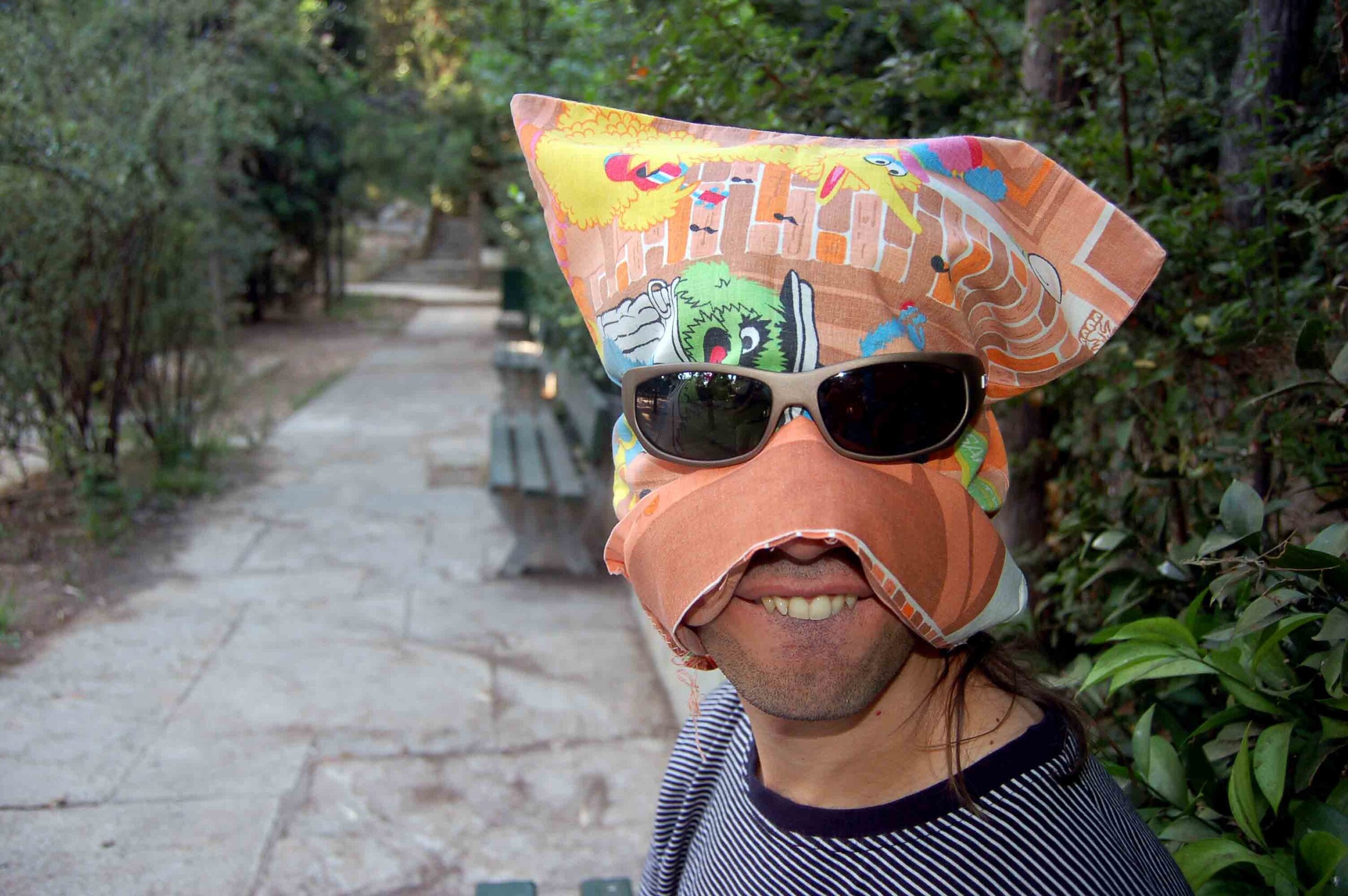
Travelling Ideas: An Incomplete Manifesto
Conceived/curated by Lisa Alexander and Gigi Argyropoulou
Performance Matters 1: Performing Idea, Club Row Gallery, London
A collective project open to an unlimited number of contributors between 14/04/10 and 30/04/10 and a live installation comprising a series of responses in text, image, action, documentation. An invitation to collective thinking-making.
We let an incomplete manifesto made up of pre-existing manifestos/statements - travel to a number of people. It suggested a number of potential artistic intentions/premises.
1. Per-form the idea. Attach yourself to what you feel to be true: begin there. The response could take any form.
2. Manifesto: re-edit send your edit of the manifesto: you may adjust or violate as necessary. An operation of manifestations between discourse and practice.
Each person was asked to respond in the moment and to invite one other person to participate.
We received 38 responses and 38 re-edits of the manifesto.
Contributors: Ania Bas, Mark Caffrey, Elena Capriolo, Hester Chillingworth, Ismini Chliova-Bitzani, Hervé Constant, Maria Conti, Robert Cook, Vassiliki Dimou, Charlie Fox/Laughing Bear, Giuseppina Francia, Konstantina Georgelou, Ria Hartley, Steve Harvey, Claire Hind, Simon Hyde, Bettina John and Jaime Leme, Irini Karayannopoulou, Antigoni Katsadima, Rania Kelaiditi, Paul King, Rachel Lois Clapham, Claire MacDonald, Siobhan McCauley, Eleonora Melzi, Jane Munro, Cathy Naden, Tamarin Norwood, Vasilis Noulas, Terry O'Connor, Rossella Placuzzi, Efrosini Protopapa, Alan Read, Philip Stanier, Manolis Tsipos, Paula Van Beek, Stefania Zampatti
Live typing, printing, arranging: Lisa Alexander, Gigi Argyropoulou and Carlotta Scioldo
Original manifesto sent out:
Travelling Ideas: An Incomplete Manifesto! [i]
Attach yourself to what you feel to be true. Begin there
Promote a revolutionary flood and tide in Art
Progress through friendship
Promote NON ART REALITY to be grasped by all people, not only critics, dilettantes and professionals
Promote only acts of poetical terrorism
Promote more and more of less and less
Purposeful purposelessness
Declare: No to glamour. No to virtuosity. No to spectacle!
What is “to perform”?
Being
Doing
Showing doing
Explaining showing doing
We declare that the splendour of the world has been enriched by a new beauty: the beauty of speed
There is no ideal form of action. What’s essential is that action assumes a certain form, that it gives rise to a form instead of having one imposed on it
In place of hermeneutics we need an erotics of art
It is usually assumed that if art has a strong effect upon us, it is a good art, and vice versa.
Declare: “I love you”
Adventure (newness) necessary to creative action
Personal statements, made in the form of private confessions, become statements about the world in general
Make the most of every crisis
No Ideas of Order
Let the practice speak
From outsider art to conceptual art, all creative practice plays a rôle, thus making the process or end result a luxury good
Works are simple, art is small, texts are short, performances are brief. The art is fun. Humour is an important element.
Make a pot of coffee
I invite people to collaborate.
Begin anywhere
You may use blank canvases or paintings or photographs to do this piece
Chance Operation are useful means; moksha
——————————. Intentionally left blank. Allow space for the ideas you haven’t had yet, and for the ideas of others.
We become just by performing just action, temperate by performing temperate actions, brave by performing brave action.
As for methods lets adopt the following principle from sabotage: a minimum of time and a maximum damage
Arguments are better made in praxis
Repeat yourself. If you like it, do it again. If you don’t like it, do it Again.
It is, a cause for joy
Always waiting for.
Count all the stars of that night by heart
The past must be Invented
The future Must be
revIsed
doing boTh
mAkes
whaT
the present Is
discΟvery
Never stops
Who is speaking these words?
Burn the paper
[i] Words (in order of appearance): Invisible Committee, Fluxus, Gilbert and George, Fluxus, Fabre, Abramovic, Cage, Rainer, Schechner, Futurist Manifesto, Invisible Committee, Sontag, Foreman, Ono, Cage, Goulish, Invisible Committee, Cage, Alexander, Luxury Goods IV - The Rôle of Art, Fluxus, Neipris, Pistoletto, Cage, Ono, Cage, Mau, Aristotle, Invisible Committee, Nelson, Mau, Cage, Martini, Ono, Cage, Goulish, Ono
In place of a hermeneutics we need an erotics of art.
No sooner has a word been said, somewhere, about the pleasure of the text, than two policemen are ready to jump on you: the political policeman and the psychoanalytical policeman: futility and/or guilt, pleasure is either idle or vain, a class notion or an illusion.
An old, a very old tradition: hedonism has been repressed by nearly every philosophy; we find it defended only by marginal figures, Sade, Fourier; for Nietzsche, hedonism is a pessimism. Pleasure is continually disappointed, reduced, deflated, in favour of strong, noble values: Truth, Death, Progress, Struggle, Joy, etc. It's victorious rival is Desire: we are always being told about Desire, never about Pleasure; Desire has an epistemic dignity, Pleasure does not. It seems that (our) society refuses (and ends up ignoring) bliss to such a point that it can produce only epistemologies of the law (and of its contestation), never of its absence, or better still: of its nullity. Odd, this philosophical permanence of Desire (insofar as it is never satisfied): doesn't the word itself denote a "class notion"? (A rather crude presumption of proof, and yet noteworthy: the "populace" does not know Desire—only pleasures.)
So-called "erotic" books (one must add: of recent vintage, in order to except Sade and a few others) represent not so much the erotic scene as the expectation of it, the preparation for it, its ascent: that is what makes them "exciting"; and when the scene occurs, naturally there is disapointment, deflation. In other words, these are books of Desire, not of Pleasure. Or, more mischievously, they represent Pleasure as seen by psychoanalysis. A like meaning says, in both instances, that the whole thing is very disappointing.
(The monument of psychoanalysis must be traversed—not bypassed—like the fine thoroughfares of a very large city, across which we can play, dream, etc.: a fiction.)
There is supposed to be a mystique of the Text. —On the contrary, the whole effect consists in materialising the pleasure of the text, in making the text an object of pleasure like the others. That is: either relate the text to the "pleasures" of life (a dish, a garden, an encounter, a voice, a moment, etc.) and to it join the personal catalogue of our sensualities, or force the text to breach bliss, that immense subjective loss, thereby identifying this text with the purest moments of perversion, with its clandestine sites. The important thing is to equalise the field of pleasure, to abolish the false opposition of practical life and contemplative life. The pleasure of the text is just that: claim lodged against the separation of the text; for what the text says through the particularity of its name, is the ubiquity of pleasure, the atopia of bliss.
Notion of a book (of a text) in which is braided, woven, in the most personal way, the relation of every kind of bliss: those of "life" and those of the text, in which reading and the risks of real life are subject to the same anamnesis.
Imagine an aesthetic (if the word has not become too depreciated) based entirely (completely, radically, in every sense of the word) on the pleasure of the consumer, whoever he may be, to whatever class, whatever group he may belong, without respect to cultures of languages: the consequences would be huge, perhaps even harrowing (Brecht has sketched such an aesthetic of pleasure; of all his proposals, this is the one most frequently forgotten).
—From Roland Barthes, The Pleasure of the Text.
a response by Alan Read
